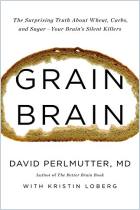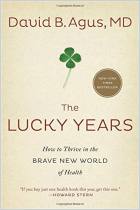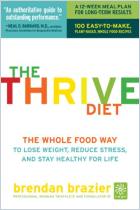Do you understand the complex inner workings of an airplane black box? Most people don’t. Likewise, many don’t know why they struggle with sleep, feel sluggish or get migraines. Biochemist Jessie Inchauspé rigorously distills complex food science concepts into layperson’s terms to help you understand the effects of the food you eat. She urges you to ditch counting calories or eating “fat-free” foods and, instead, focus on the metric that shapes your health the most: your glucose levels. Forget most of the nutrition advice marketers have fed you and take control of your health journey today.
A lack of nutritional knowledge has harmed most Americans’ metabolic health.
In the world of nutrition and wellness, food myths abound. For example: “You need to eat sugar to have energy.” “Type 2 diabetes is a genetic disease; you can’t do anything to avoid it.” Or, “Rice cakes and fruit juice are good for you.” This misinformation helps explain the results of a recent study showing that a mere 12% of Americans are metabolically healthy.
Scientific research demonstrates that one metric determines well-being, and optimizing it can dramatically improve your quality of life: your glucose, or blood sugar levels. Glucose is your body’s primary energy source. It comes from your food and travels through your bloodstream to your cells. When your blood sugar levels are in constant flux, you may experience any number of uncomfortable short-term symptoms, including exhaustion, anxiety, depression, weight gain, mood swings, and brain fog. You might feel agitated or lightheaded when waiting for meals. In the longer term, out-of-balance glucose levels can harm fertility, increase your risk of heart disease...

















Comment on this summary or 开始讨论